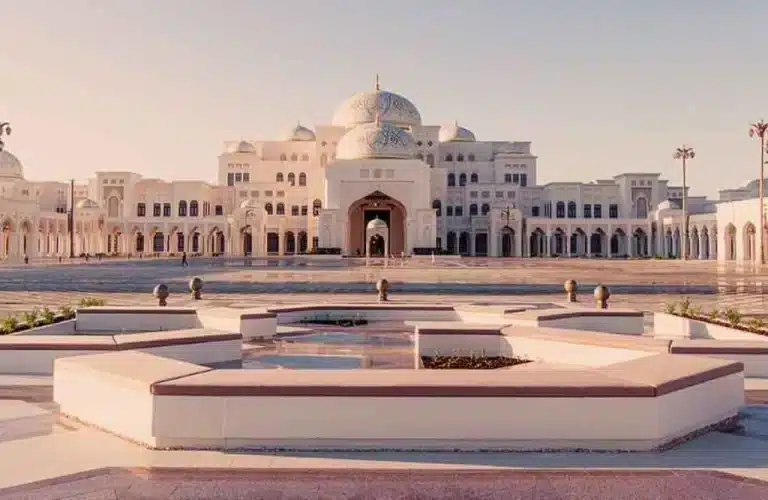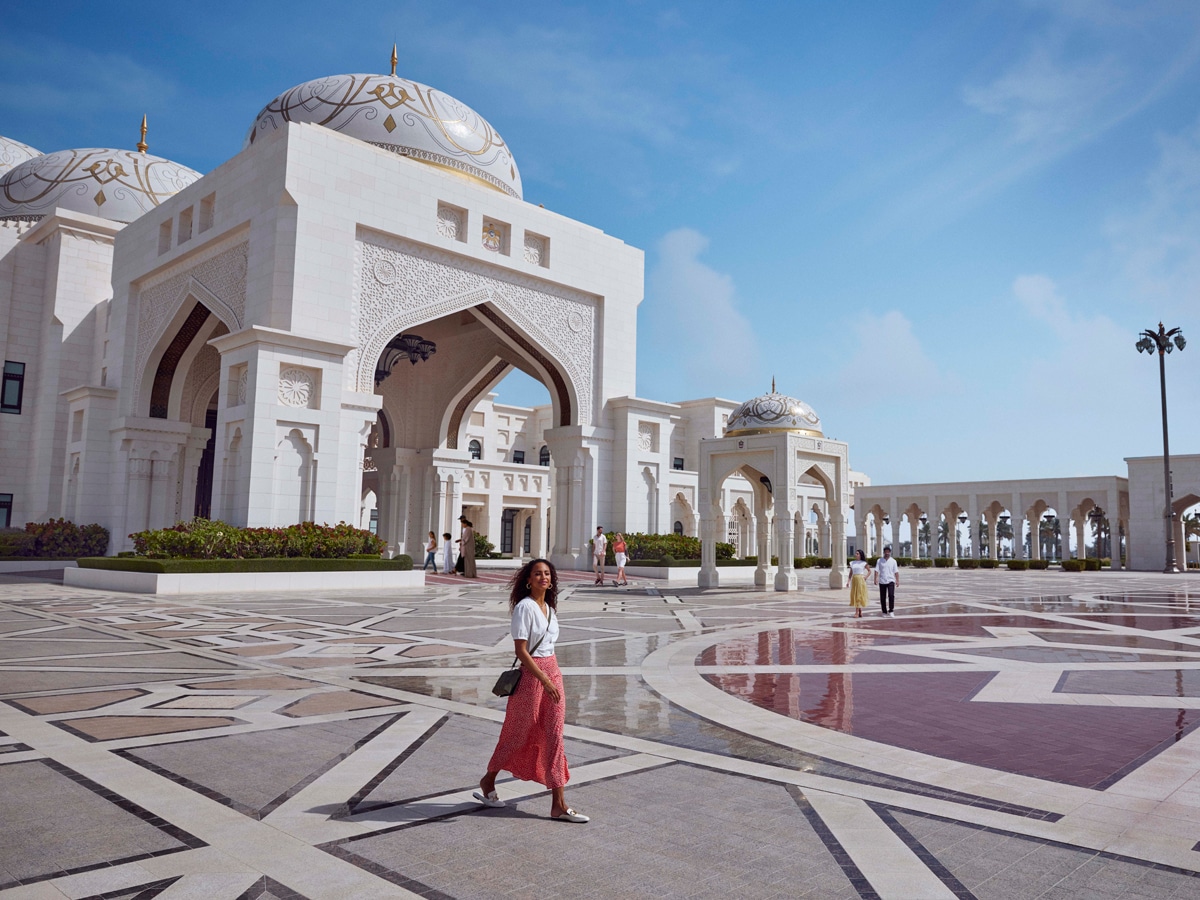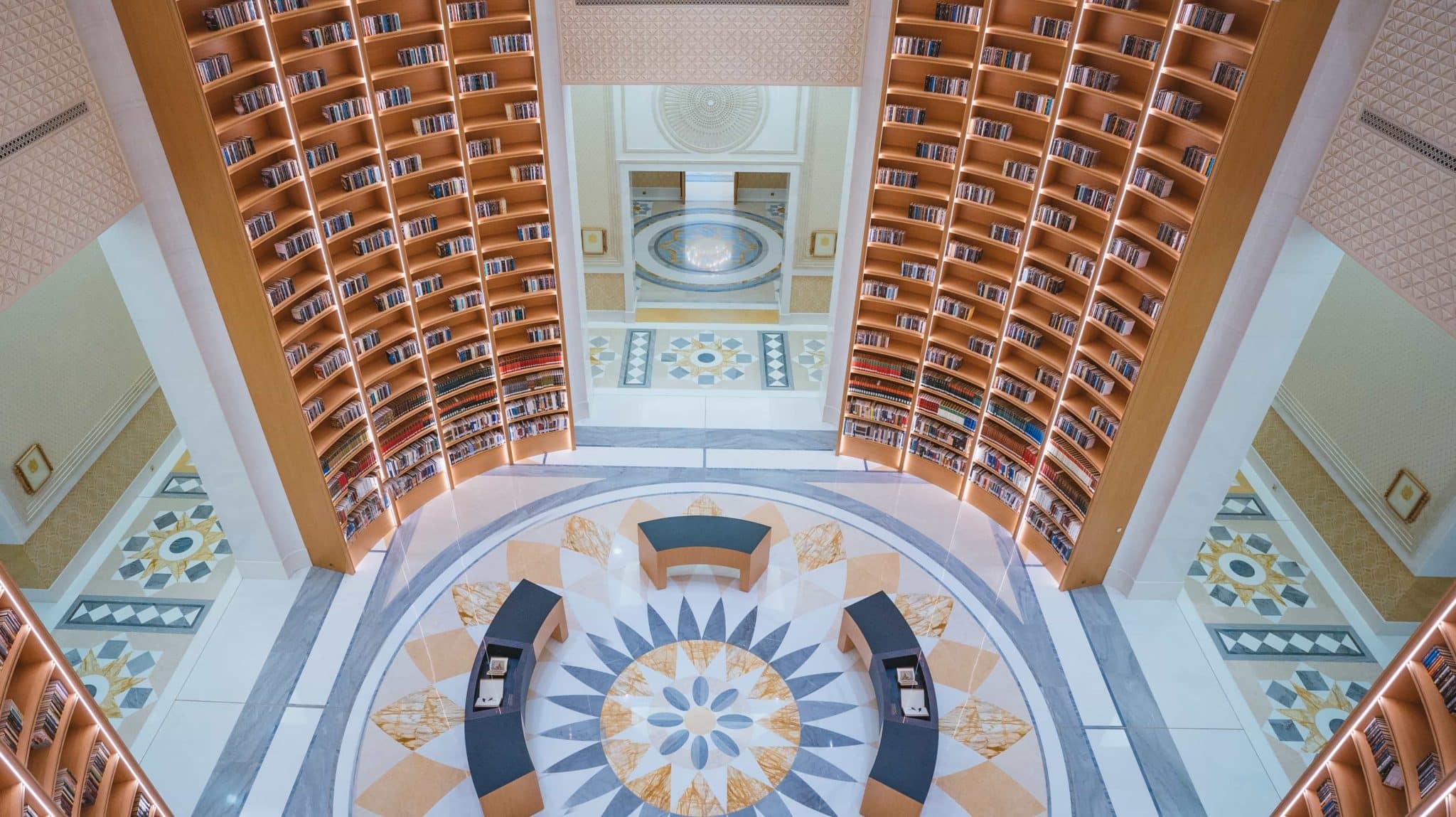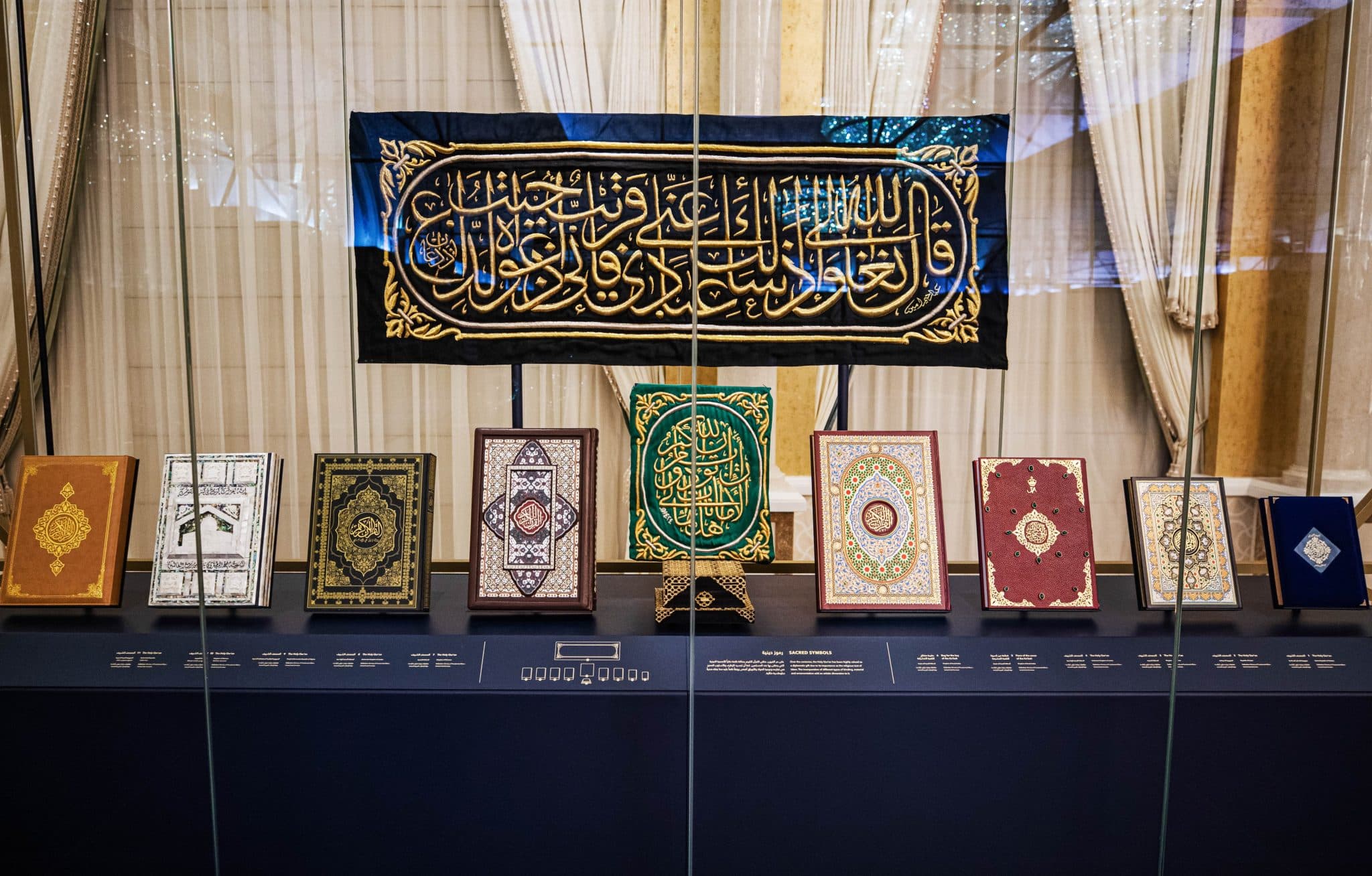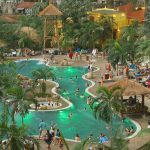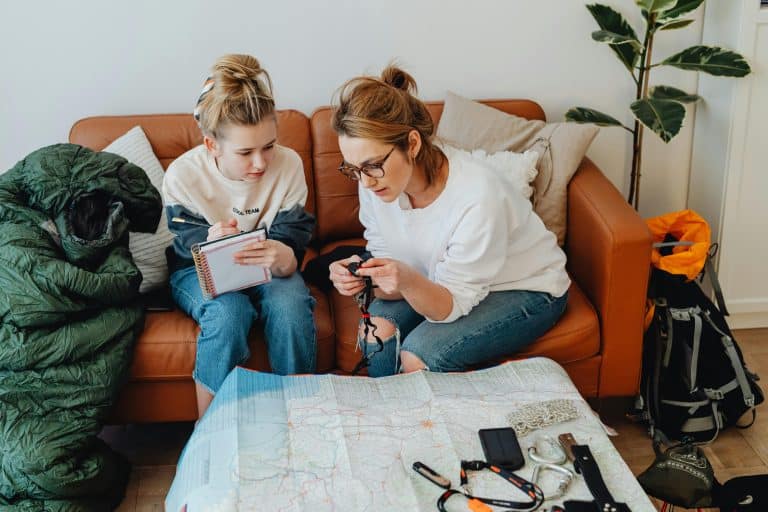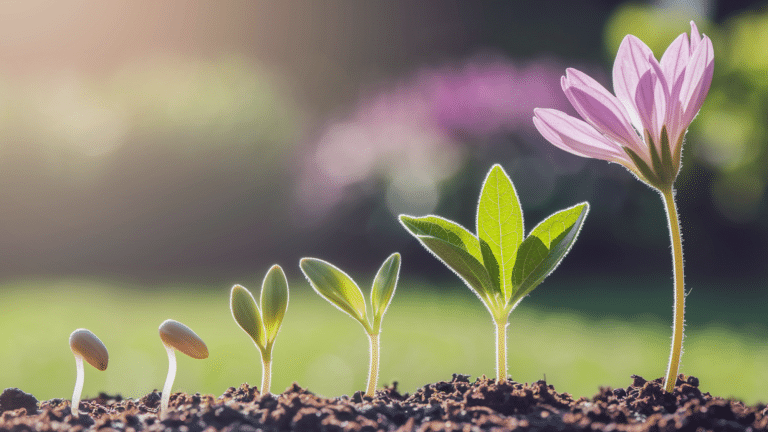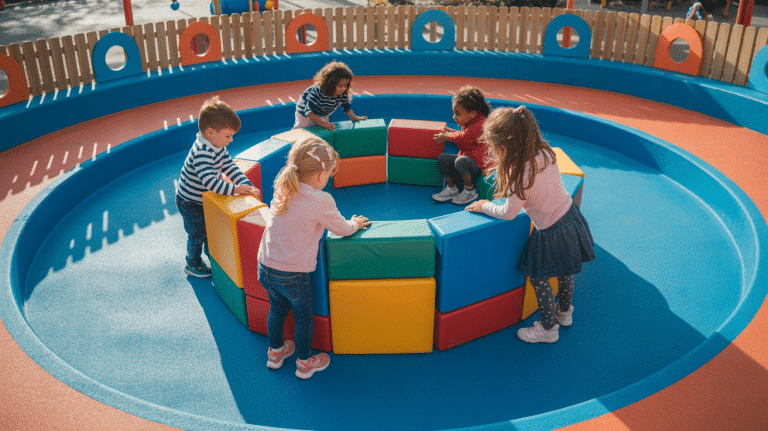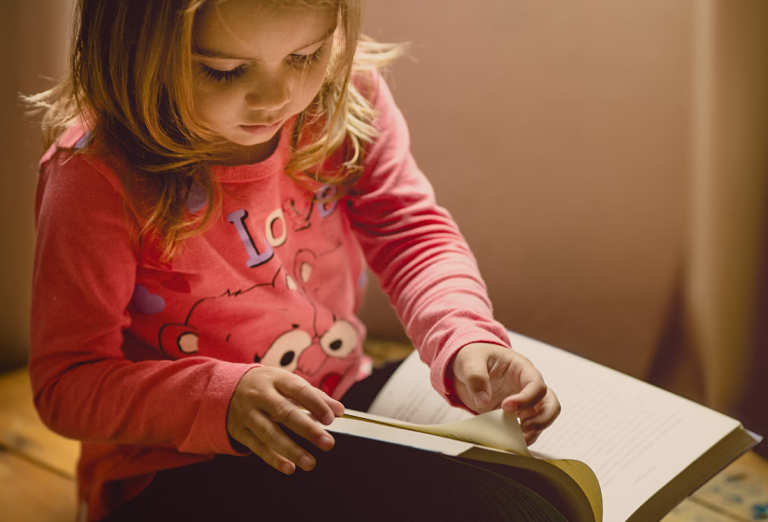There aren’t many palaces open to the public. However, you have the opportunity to visit one of the most beautiful, majestic royal residences in the world when you’re in Abu Dhabi.
Qasr Al Watan, the Palace of the Nation, is one of the most famous attractions in the United Arab Emirates. Sitting over 380,000 square metres of land within the UAE’s Presidential Palace compound, this landmark houses several must-visit zones, such as a popular public library in Abu Dhabi, the hall of Presidential Gifts and the media room.
The different attractions of Qasr Al Watan make it a treasure trove of information and important artefacts worth discovering.
Things You Can Learn and Discover at Qasr Al Watan
You can learn and discover plenty of things as you visit Qasr Al Watan and explore its different zones, which include the following:
The Great Hall
The palace’s centrepiece, The Great Hall, is an impressive testament of traditional Arabian artistry, craftsmanship and architecture.
The hall’s focal point is the central dome, which has a diameter of 37 metres and stands 60 metres tall. It boasts intricate patterns that are a delight to see.
The Great Hall features the palace’s three signature colours that represent significant meanings: blue for the waters of the Arabian Gulf, white for purity and yellow for the desert sand. The combination of these hues gives this area a distinct, serene look and ambience.
You will also be amazed by the play of geometric shapes installed in the hall. You will find mirrored cubes, curved glass and symmetrical marble panels and arabesque patterns, all artfully designed around this zone.
Qasr Al Watan Library
The Qasr Al Watan Library is one of the biggest libraries in the UAE, making it the ultimate treasure trove of information in the country.
The library has a collection of more than 50,000 books and publications collected over 35 years. It covers various subjects, including science, history, arts, culture, literature, archaeology, and geography.
You can also find memoirs, biographies, periodicals, and books about the human and social sciences, statistics, administration and other areas of interest here. You will be amazed by the collection of rare manuscripts you can come across as well.
The library features several documents regarding the UAE Constitution, laws and other official important historical papers from local and international sources.
Aside from traditional books, you can broaden your knowledge and get more information about various subjects from e-books, audio and video books, research articles, newspapers, magazines, encyclopaedias and reference dictionaries.
The library’s interior and amenities make it a great, cosy place for guests to read, write and do research.
You can also broaden your knowledge by joining panel discussions and other community initiatives held here at the library.
The House of Knowledge
The House of Knowledge houses a collection of the country’s rarest, most valuable books, manuscripts and artefacts. It also boasts a selection of fascinating historic works of calligraphy.
This collection showcases the masterpieces and contributions of the region’s most renowned and prolific Islamic scholars and scientists in science, astronomy, art, literature, and other fields.
As you explore The House of Knowledge, you will also gain a deeper understanding of the origins of Arabian libraries.
The Presidential Gifts Hall
The Presidential Gifts Hall showcases a selection of diplomatic gifts received by the UAE from dignitaries around the world.
The impressive collection you can find here includes the following:
- Samurai armours from Japan
- Hooded falcon masks from Germany
- A moon vase from Korea
- An intricately designed carpet from Turkmenistan
- An antique vase from the Phoenician era
- A Holy Quran wrapped in a black covering with gold embroidery and other religious manuscripts from the Kingdom of Saudi Arabia
You will also find a variety of daggers, swords, gold wreaths, medals and coins from different countries and historical periods.
The collection of gifts signifies the goodwill and mutual respect between the UAE and other nations. These valuable diplomatic presents also give you a picture of the richness and diversity of history, art and cultures of various countries.
While in this area, you can also learn about the cultural sensitivities and protocols local officials follow when selecting, presenting, and receiving diplomatic gifts.
The Presidential Banquet Hall
Qasr Al Watan boasts another zone where you can learn more about the fascinating culture and practices of Emirati government officials: the Presidential Banquet Hall.
The Presidential Banquet Hall is the official dining area of the palace where diplomatic guests can experience exceptional Emirati hospitality. It can seat up to 300 diners at a time.
As you explore this zone, you will learn about the customs and protocols the local officials and staff follow as they receive and serve diplomatic guests. You can also get an idea of the cuisine all diners partake in when they share a meal.
You will also be impressed by the artistically upholstered blue chairs and collection of over 100,000 serveware pieces, including silverware, crystal and bone china in this zone.
Visiting Qasr Al Watan’s other zones, which include the Spirit of Collaboration, Media Room and Al Barza, will also give you a clearer understanding of the fascinating culture, heritage and history of the UAE.
Palaces in Abu Dhabi are must visit attractions where you can learn and have fun. And if you want to broaden your understanding of the country’s culture, history and heritage, Qasr Al Watan is the ideal destination.

